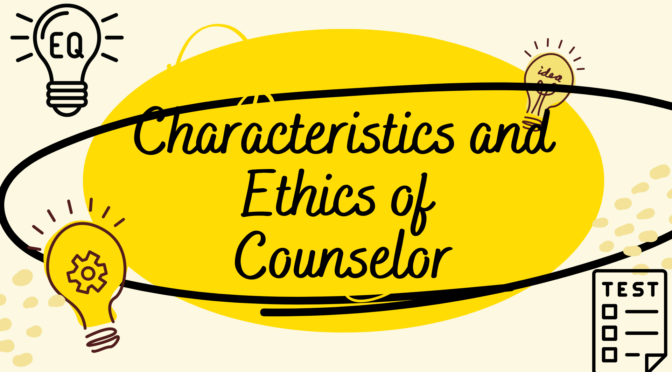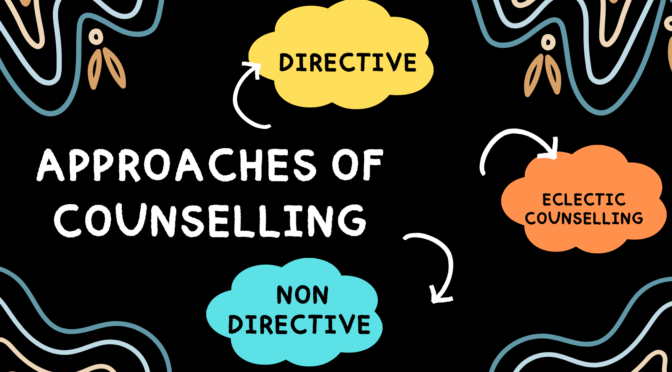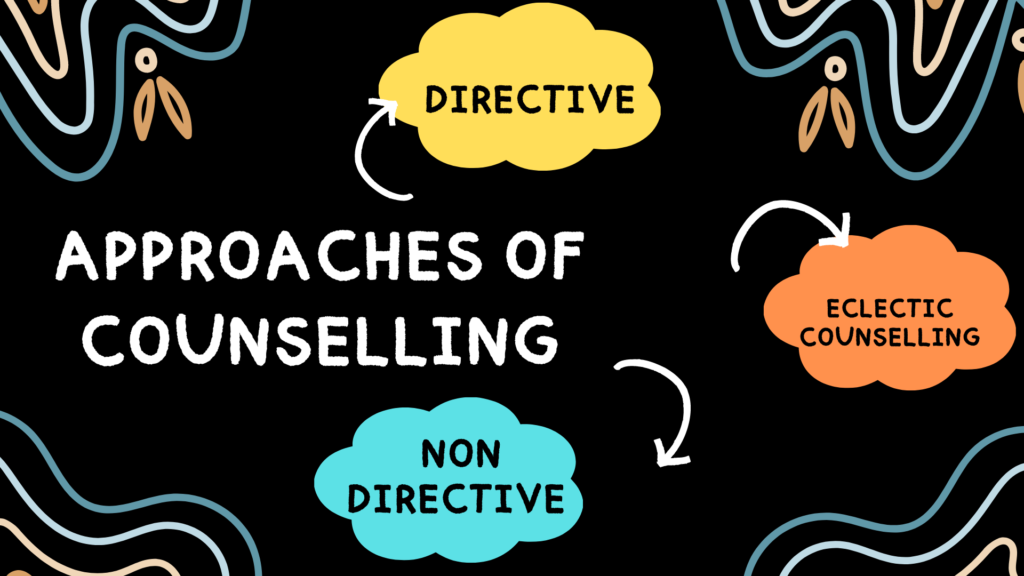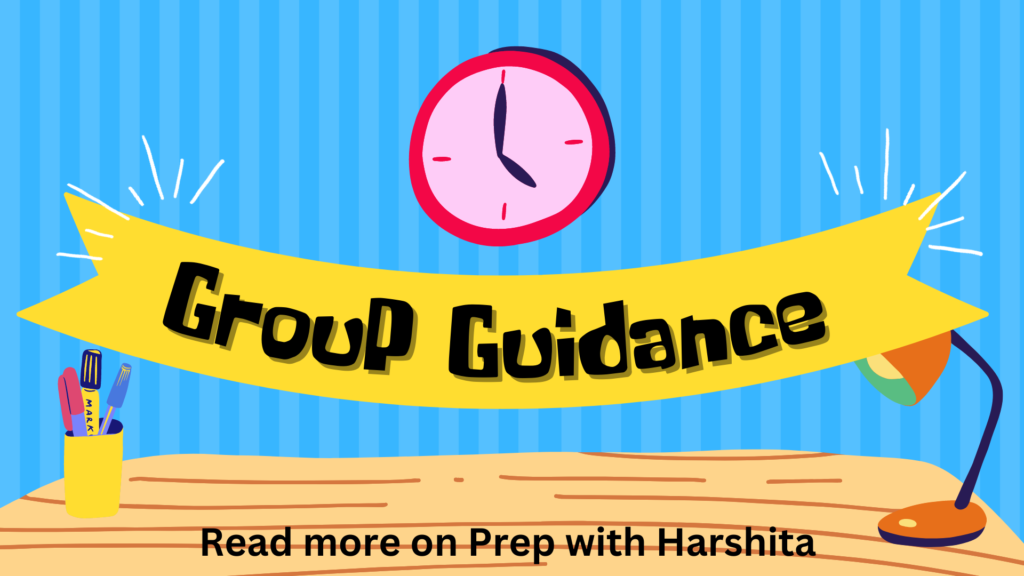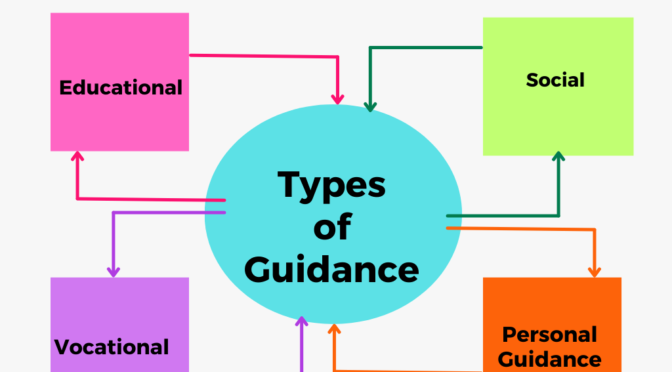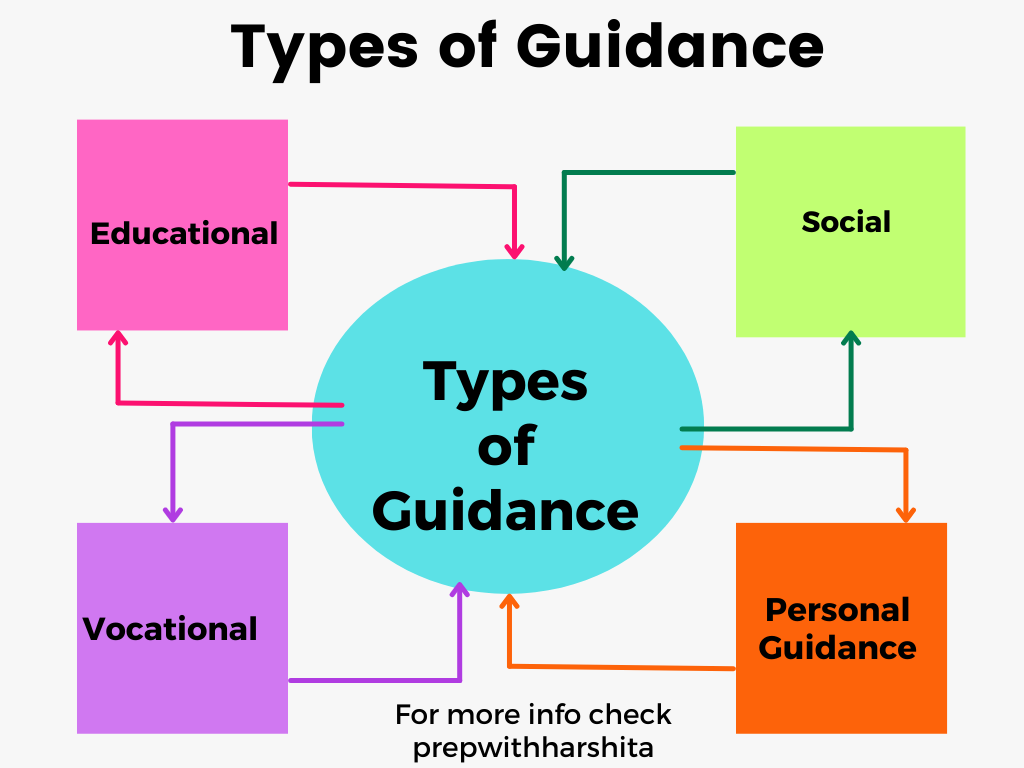Counselors play an important role in helping people overcome personal, emotional, and psychological problems. They provide a supportive and safe environment for individuals to express their thoughts, feelings, and concerns. There must be specific characteristics and Ethics of Counselor. They must possess specific characteristics and adhere to ethical guidelines to provide effective and professional counseling services.
The following are some of the key characteristics and ethics of counselors:
- Empathy: A counselor must be empathetic towards their clients. They should be able to understand and feel what their clients are experiencing, without judging or criticizing them.
- Active Listening: Active listening is an essential skill that counselors must possess. It involves paying attention to the client’s verbal and non-verbal communication and responding appropriately.
- Respect: Counselors must respect their clients and their beliefs, values, and culture. They should refrain from imposing their own beliefs on their clients and remain non-judgmental.
- Confidentiality: Counselors must maintain confidentiality and privacy of their clients’ information. They should ensure that the client’s information is not disclosed without their consent, except in cases where the client poses a threat to themselves or others.
- Competence: Counselors must possess the necessary skills and knowledge to provide effective counseling services. They should continue to upgrade their skills and knowledge through continuous professional development.
- Professionalism: Counselors must maintain a professional relationship with their clients. They should behave in a professional and ethical manner, and refrain from engaging in any activities that may harm their clients.
- Boundaries: Counselors must establish and maintain boundaries with their clients. They should not engage in any activities that blur the professional relationship, such as forming personal relationships with clients.
- Self-awareness: Counselors must be self-aware and reflective of their own biases, values, and limitations. They should refrain from imposing their own beliefs and values on their clients and be sensitive to cultural differences.
In summary, counselors must possess empathy, active listening skills, respect, confidentiality, competence, professionalism, boundaries, and self-awareness to provide effective counseling services while adhering to ethical guidelines.
Also Visit : Prep with Harshita
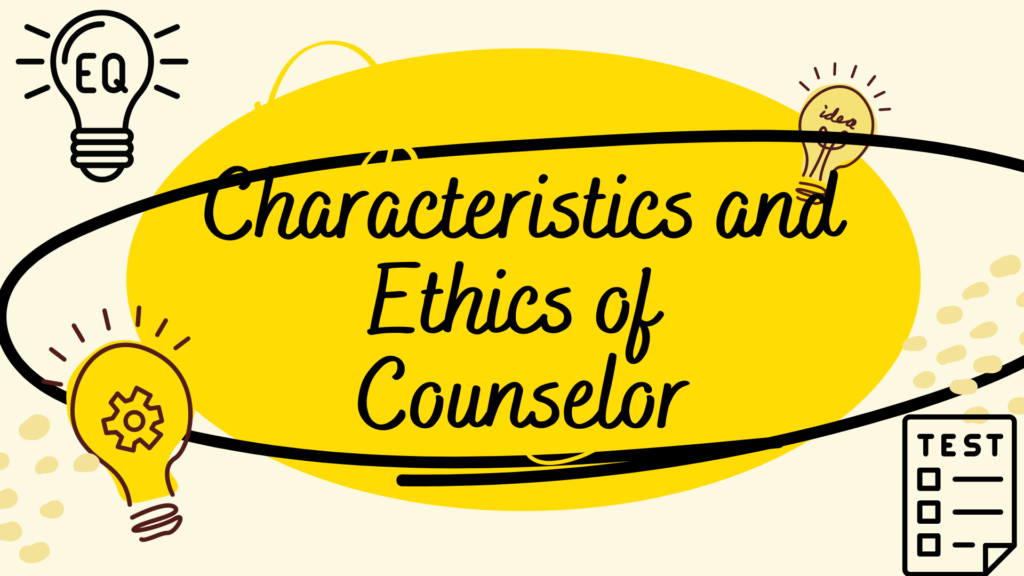
Also Read : Career Guidance

